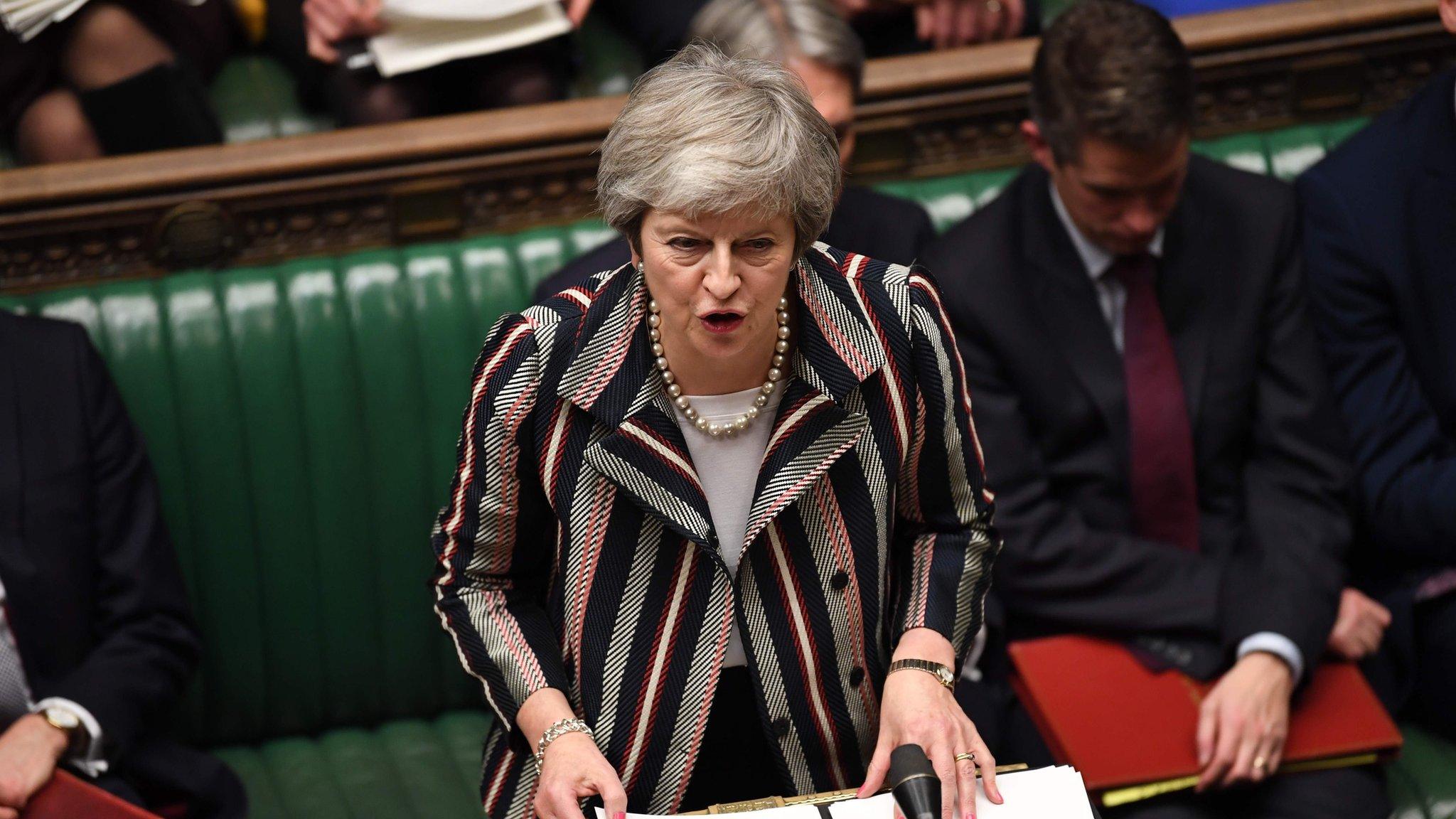Brexit: Security minister Ben Wallace warns of no-deal risk
- Published
- comments
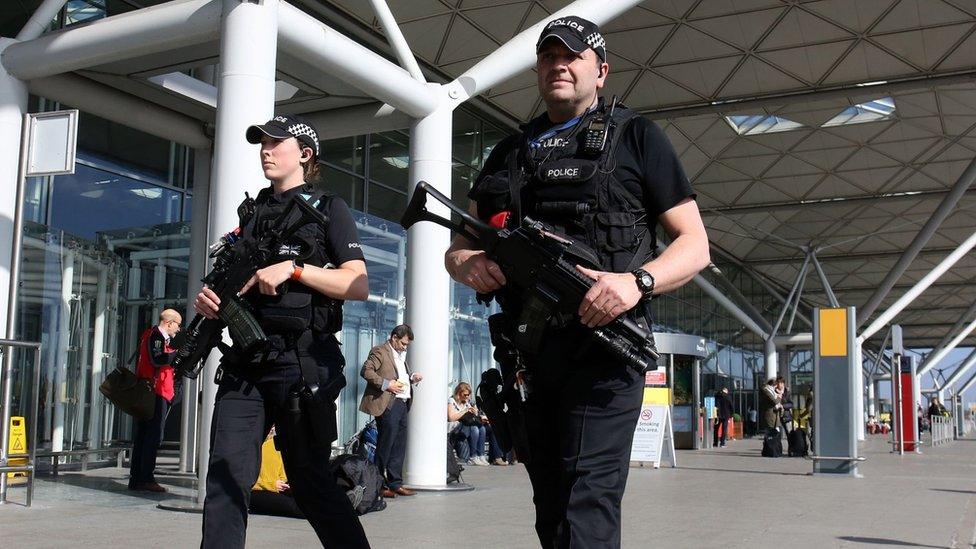
A no-deal Brexit would hit UK-EU security ties and have a "real impact" on protecting the public, security minister Ben Wallace has warned.
In a speech to law enforcement leaders, he said close co-operation was the "heart of effective security".
Mr Wallace said the PM's deal, which MPs vote on next month, would set the foundations for the most comprehensive security relationship in EU history.
But Labour's Diane Abbott said the plan "failed on guarantees for security".
The shadow home secretary's party is to table an amendment to reject the deal but also "prevent the chaos of the UK crashing out of the EU".
The UK is due to leave the EU on 29 March 2019 but, under Theresa May's deal, there would then be a transition period, during which the UK and EU would continue to work together as they do now.
The deal for how the UK will leave the EU is accompanied by a non-binding declaration on the future relationship between the EU and UK after transition has ended, which includes the promise to co-operate on security.
MPs are due to vote on the deal on 11 December. If they reject it - and no other solution is found - the UK could leave without a deal. The current arrangements on security co-operation would then end on 29 March with nothing to replace them.
In the run-up to the vote, the public can expect a steady drumbeat of official warnings about the dangers of a no-deal Brexit, says BBC political reporter Brian Wheeler, as Mrs May and her team try to sell her plan.
A leaked copy of Downing Street's own timetable for media announcements has "security" listed as a Thursday priority with "international trade" scheduled the following day.
Mr Wallace was speaking at the International Security Expo in London, where he said that such a no-deal departure would be a step backwards for security co-operation.
Leadsom letter
He added that the UK, through the experience of the last few decades, had learnt the value of working with its European partners.
He said: "We and Europe know, from bitter experience, that often when there is a mistake or when something has been missed that we find, time and time again, that it has been due to a failure of co-operation.
"A no-deal situation would have a real impact on our ability to work with our European partners to protect the public."

Analysis
By Dominic Casciani, BBC home affairs correspondent
The UK wants to maintain all the existing security arrangements - and it knows that the EU wants to maintain this high level of co-operation out of mutual self-interest. But there are problems.
Critics of the government's hopes for post-Brexit security are concerned that the proposed final relationship with the EU - that would kick in in 2021 - is long on aspirations but short on solutions.
It's not remotely clear if the UK will be able to access EU-organised databases, such as those that exchange criminal records, wanted alerts and DNA and fingerprint records, after the transition.
Once transition ends, so does access to the data - unless a security treaty can be agreed.
But even if that treaty is signed, it may come up short. Some nations, like Germany, have constitutional bars on how they can co-operate on security with non EU states.

In his address, Mr Wallace said that Mrs May's agreement would set the foundations for the broadest security relationship the EU has had with another country.
The partnership would include the ability to exchange information on criminals and tackle terrorism, to quickly share data on people travelling to and from the UK to spot potential threats, to exchange DNA and fingerprints, and to fast-track extraditions.
Ms Abbott described the government plans as "dangerously flimsy".
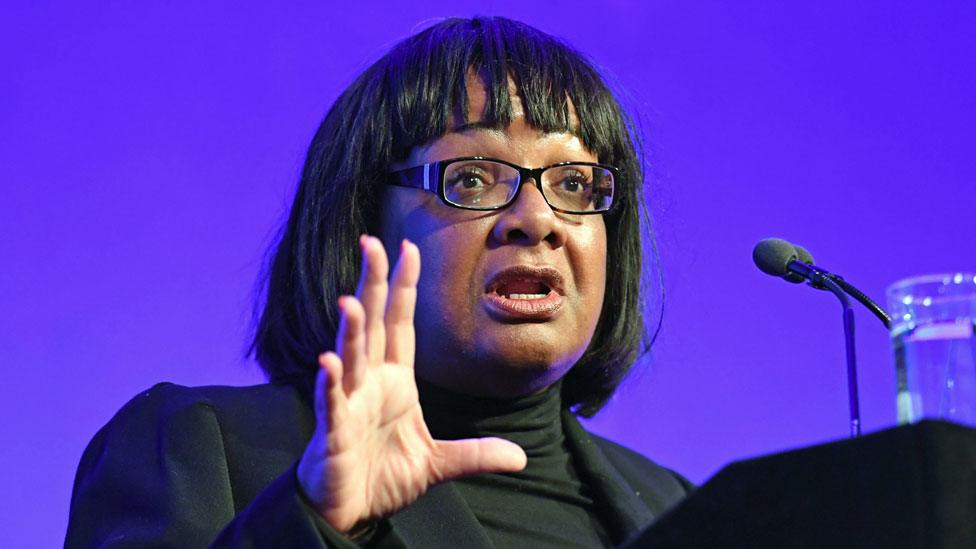
Diane Abbott said the plan was "simply unacceptable"
She said: "There is no new security treaty on offer, which is vital for cross-border policing arrangements, especially extradition."
She added that there were "only aspirations for a vague security partnership, no plans for proper security arrangements, including with Europol" and that it was "simply unacceptable".
Labour amendment
As the vote on the PM's deal draws closer, details of what will happen in Parliament during the build up were released.
The Commons will debate the agreement for eight hours a day on 4, 5, 6, 10 and 11 December under business proposals set out by the government.
But MPs will be allowed to table six amendments to the Brexit motion, to be chosen by the Speaker of the House of Commons and heard before the vote on 11 December.
Labour has put forward an amendment "rejecting Theresa May's botched Brexit deal" and to stop a no-deal, calling for all options to be left on the table if it gets voted down.
The party's leader, Jeremy Corbyn, said the deal "is a miserable failure of negotiation by a government that has wasted the last two years fighting with itself, rather than securing a better deal with the EU".
Conservative Party chairman Brandon Lewis called the amendment "shameful and irresponsible behaviour", adding: "All they are interested in is trying to force a general election."
- Published28 November 2018
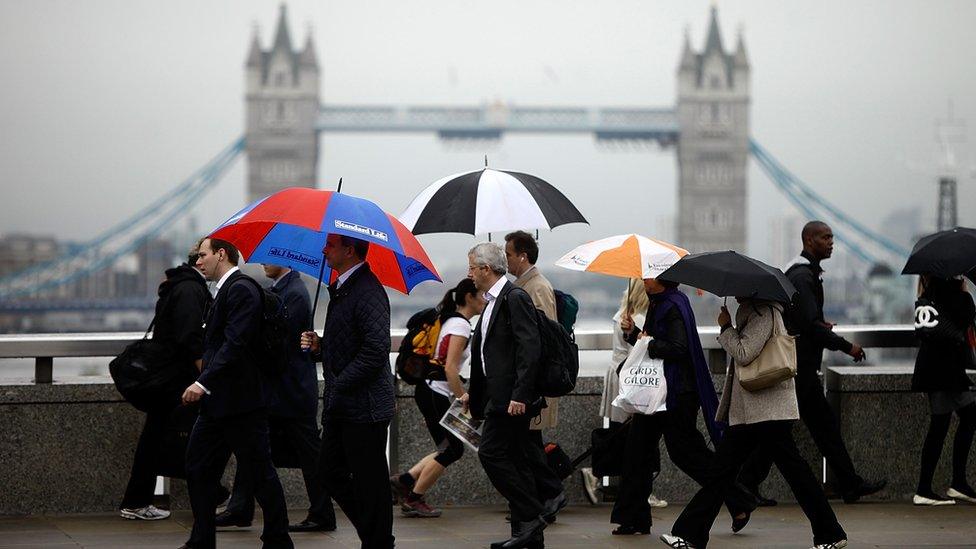
- Published28 November 2018
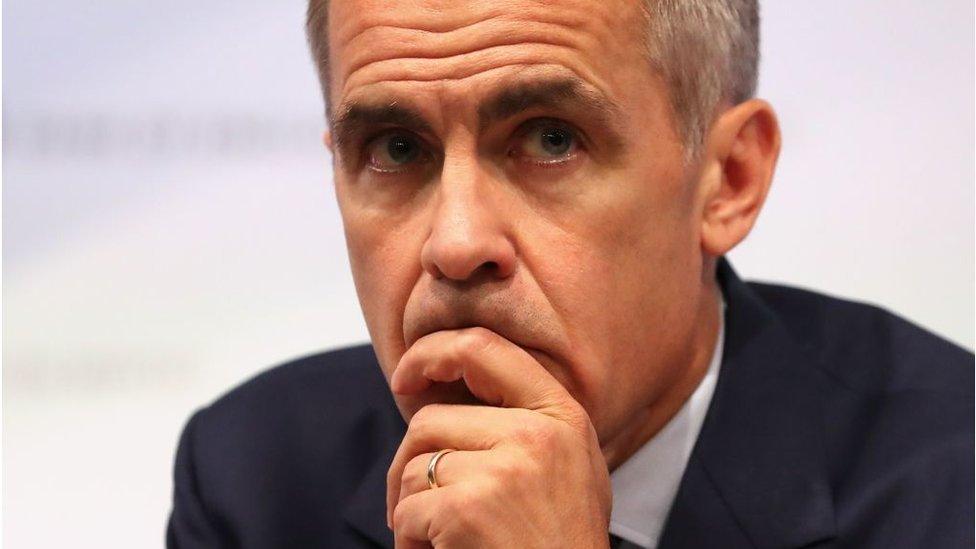
- Published28 November 2018
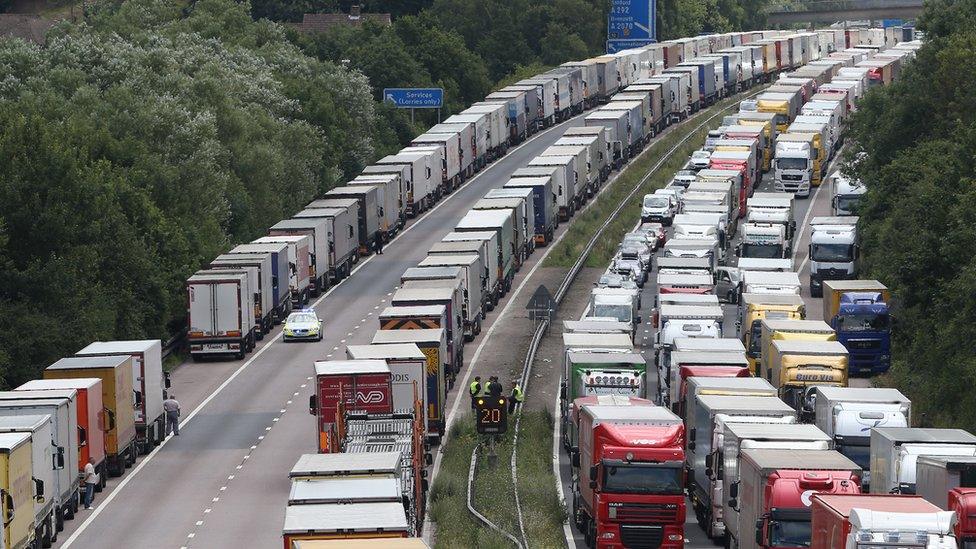
- Published27 November 2018
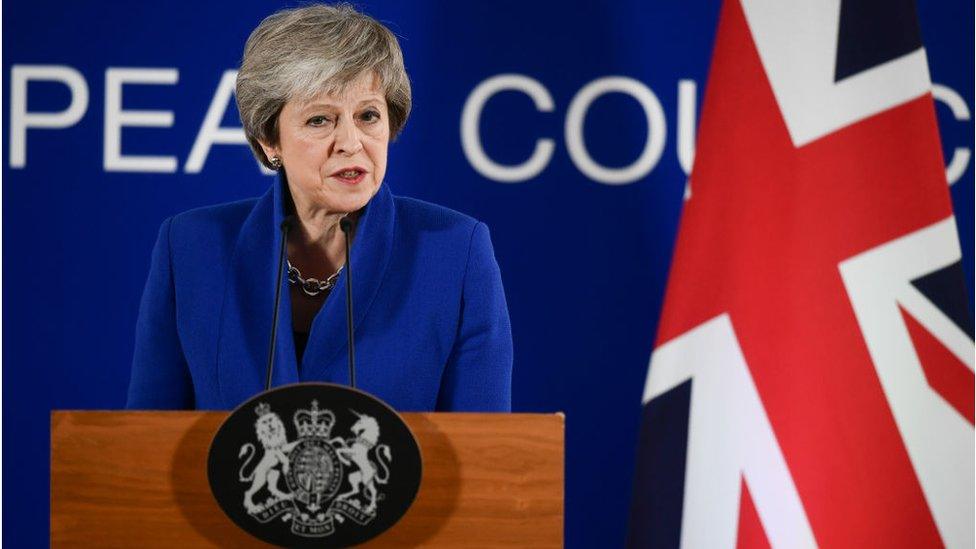
- Published26 November 2018
